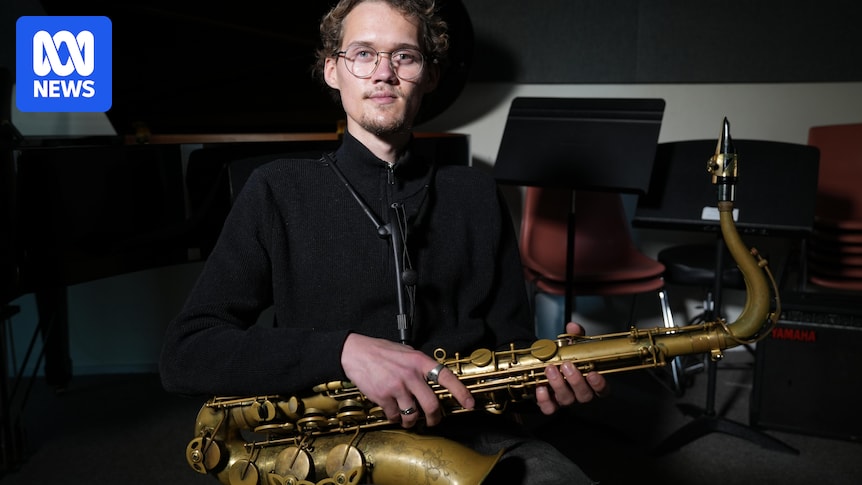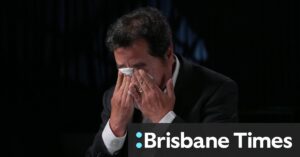
In a move that has left students and faculty reeling, the Australian National University (ANU) has announced a major restructuring plan that would see its esteemed School of Music absorbed into a broader department. This decision, aimed at curbing a projected $200 million deficit, has ignited a fierce debate over the future of music education at the institution.
Oliver Djurkovic, a Masters of Music student and saxophonist, expressed disbelief at the proposal. “Getting rid of one-on-one instrumental lessons at a music school defies any logic of how a music school should operate,” he stated, highlighting the core of the controversy.
Restructuring Amid Financial Strain
The ANU’s decision comes as part of a broader effort to save $250 million, as announced by Vice-Chancellor Genevieve Bell last October. The restructuring involves relegating the School of Music to a “programme” status within a new School of Creative and Cultural Practice. This shift would replace the traditional one-to-one instrument instruction with a revised Bachelor of Music curriculum, emphasizing music production, technology, and Indigenous music.
The proposal includes eliminating seven positions focused on performance, composition, theory, and musicology, five of which are currently filled. These cuts are part of a larger wave of 59 job losses announced last week, following 41 job cuts the previous month.
Voices of Opposition
Mr. Djurkovic, who relocated from Serbia to study at ANU, described the changes as “outrageous” and potentially “catastrophic” for students seeking advanced music education. “I know many students who have come here from out of state — I’ve personally come from Serbia, from two continents away — in search of better education and better music career opportunities,” he said.
He is part of a student group known as “No Cuts at ANU,” which plans to protest the proposal when classes resume. Former head of the School of Music, Peter Tregear, also criticized the plan, questioning the effectiveness of the new teaching model. “The motivations for pushing in this direction are not pedagogical, they’re economic,” he asserted.
“The model of teaching is expensive to deliver,” Tregear noted, emphasizing the financial underpinnings of the restructuring.
Broader Implications and Concerns
The restructuring has raised concerns beyond financial implications, touching on deeper issues within the university. Tregear pointed to the Nixon Report, an independent review into gender and cultural issues at ANU, which revealed widespread harassment and bullying. “If the ANU is serious about reform, it needs to address these issues first,” Tregear argued.
Lachlan Clohesy, National Tertiary Education Union ACT division secretary, echoed these sentiments, stating that the performance model of the School of Music is what sets it apart. “This is the latest attempt by a vice-chancellor to try to save a few bucks by trashing something that’s really important,” Clohesy said.
ANU’s Vision for the Future
Despite the backlash, ANU officials maintain that the changes are necessary for the institution’s future. Kate Mitchell, director of the Research School of Humanities and the Arts, emphasized that the proposal aims to modernize the music program. “The ANU remains committed to having music as part of its programs,” she assured.
Mitchell admitted that the one-on-one teaching model is costly but insisted that the overhaul is not solely financially motivated. “The proposal changes try to have a more holistic approach to performance,” she explained, highlighting the integration of composition, recording, and technology in the new curriculum.
“There’s a whole shift in the way that music is made, and the music program is trying to respond to that need,” Mitchell stated.
Mitchell also dismissed concerns about the university’s reputation or the loss of elite musicians from the staff. “If the proposal goes through as it is, there will be the new school, and the community and the students will discover that our intention really is to ensure that music flourishes at ANU,” she concluded.
As the debate continues, affected staff have three weeks to provide feedback on the proposal. The outcome of this restructuring could set a precedent for how universities balance financial constraints with preserving educational integrity.







